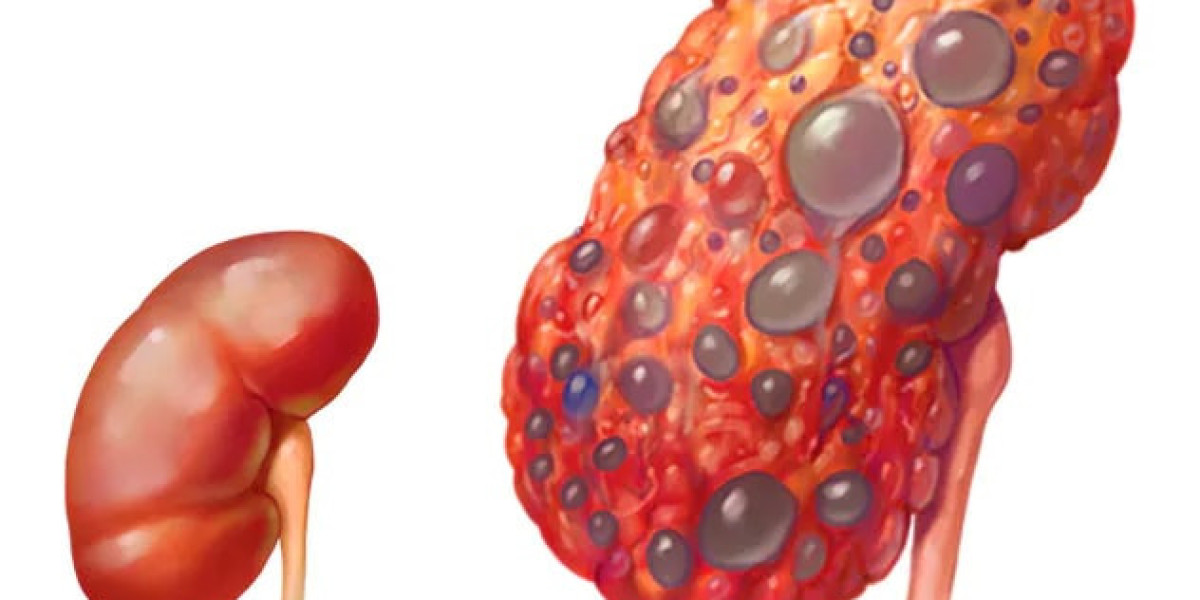This condition can either be acute or chronic, each with distinct causes, symptoms, and treatments.
Types of Kidney Failure
1. Acute Kidney Failure
Acute kidney failure, or acute renal failure (ARF), occurs suddenly, often within a few hours or days. It can be reversible if treated promptly and effectively. Common causes include:
- Prerenal Factors: Reduced blood flow to the kidneys due to dehydration, heart failure, or severe infections.
- Renal Factors: Direct damage to the kidney tissues from conditions such as glomerulonephritis or acute tubular necrosis.
- Postrenal Factors: Obstruction of urine flow from the kidneys, caused by kidney stones, tumors, or an enlarged prostate.
2. Chronic Kidney Failure
Chronic kidney failure, or chronic kidney disease (CKD), develops gradually over months or years. It is usually a result of long-term conditions such as:
- Diabetes: High blood sugar levels can damage blood vessels in the kidneys.
- Hypertension: High blood pressure can damage the kidneys' blood vessels.
- Glomerulonephritis: Inflammation of the kidney's filtering units.
- Polycystic Kidney Disease: A genetic disorder causing fluid-filled cysts to develop in the kidneys.
Symptoms of Kidney Failure
Symptoms can vary based on the type and stage of kidney failure. In acute cases, symptoms may appear suddenly and include:
- Reduced urine output or none at all
- Swelling in the legs, ankles, or around the eyes
- Fatigue or weakness
- Confusion or decreased alertness
- Nausea or vomiting
- Chest pain or shortness of breath
In chronic kidney failure, symptoms may develop slowly and include:
- Persistent fatigue
- Swelling in various parts of the body
- Persistent itchiness
- Difficulty sleeping
- Changes in urination patterns
- Persistent nausea or loss of appetite
Diagnosis
Diagnosis of kidney failure involves several tests and evaluations:
- Blood Tests: Measure levels of creatinine, urea, and electrolytes to assess kidney function.
- Urine Tests: Check for protein, blood, or other abnormalities in urine.
- Imaging Tests: Ultrasound or CT scans can visualize the kidneys' structure and identify obstructions or abnormalities.
- Kidney Biopsy: In some cases, a small sample of kidney tissue is examined to determine the cause of damage.
Treatment
Treatment for kidney failure aims to address the underlying cause, manage symptoms, and slow disease progression. Approaches include:
1. Acute Kidney Failure
- Fluid and Electrolyte Management: Restoring fluid balance and correcting electrolyte imbalances.
- Medications: To treat underlying conditions or prevent complications.
- Dialysis: If kidneys fail to function adequately, dialysis may be needed temporarily to perform the filtering functions of the kidneys.
2. Chronic Kidney Failure
- Lifestyle Changes: Diet modifications, such as reducing salt and protein intake, and managing blood sugar and blood pressure.
- Medications: To control symptoms, manage underlying conditions, and protect remaining kidney function.
- Dialysis: As kidney function declines, dialysis may become necessary to perform the kidney's filtering role.
- Kidney Transplant: In end-stage kidney failure, a kidney transplant may be an option to restore kidney function.
Prevention and Management
Preventing kidney failure involves managing risk factors and adopting a healthy lifestyle:
- Maintain a Healthy Diet: Low in sodium, cholesterol, and processed foods; rich in fruits, vegetables, and whole grains.
- Regular Exercise: Helps manage weight and blood pressure.
- Control Blood Sugar and Blood Pressure: Essential for people with diabetes or hypertension.
- Stay Hydrated: Adequate water intake supports kidney function.
Conclusion
Kidney failure is a complex and potentially life-threatening condition, but with early diagnosis and appropriate management, its impact can be significantly mitigated. Awareness of the causes, symptoms, and treatment options is crucial for both prevention and effective management. By adopting a proactive approach to health and working closely with healthcare providers, individuals can better manage their kidney health and improve their overall quality of life.














